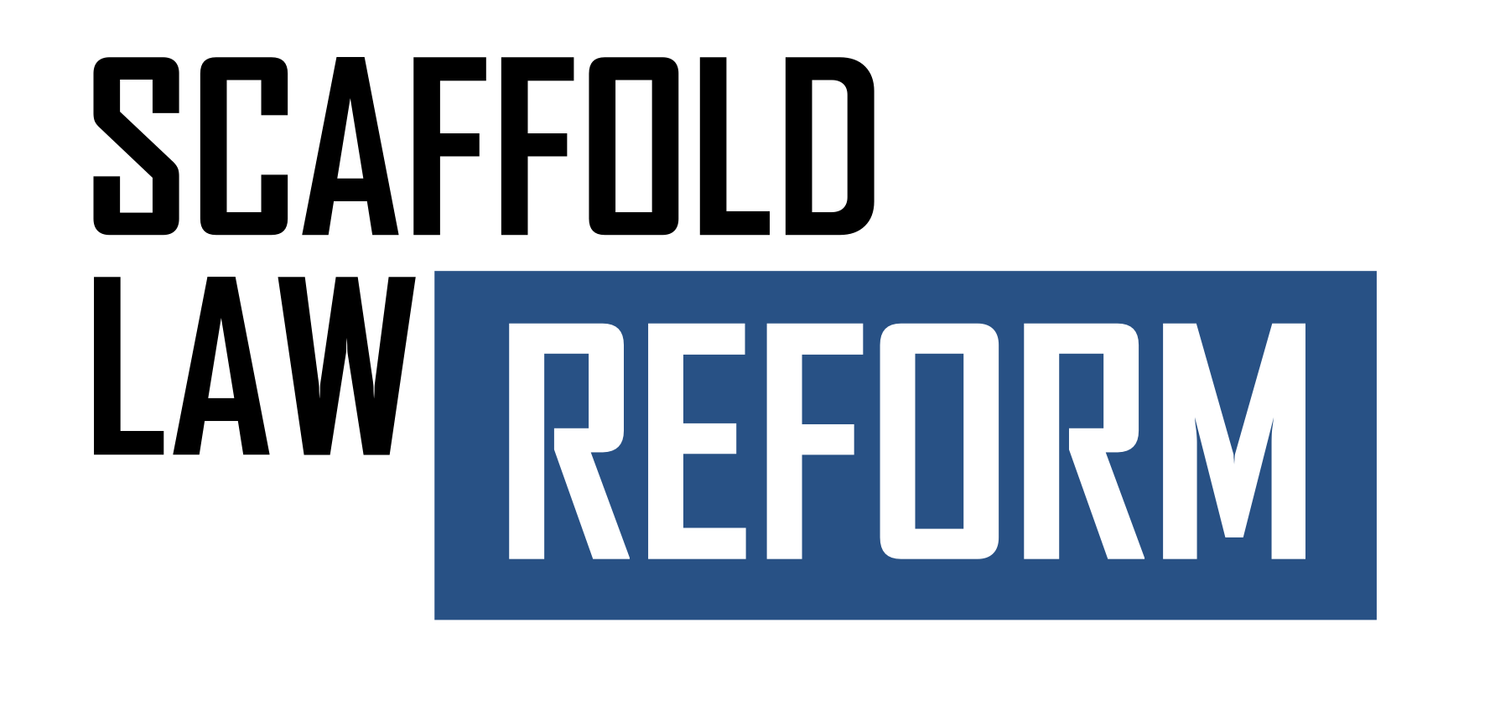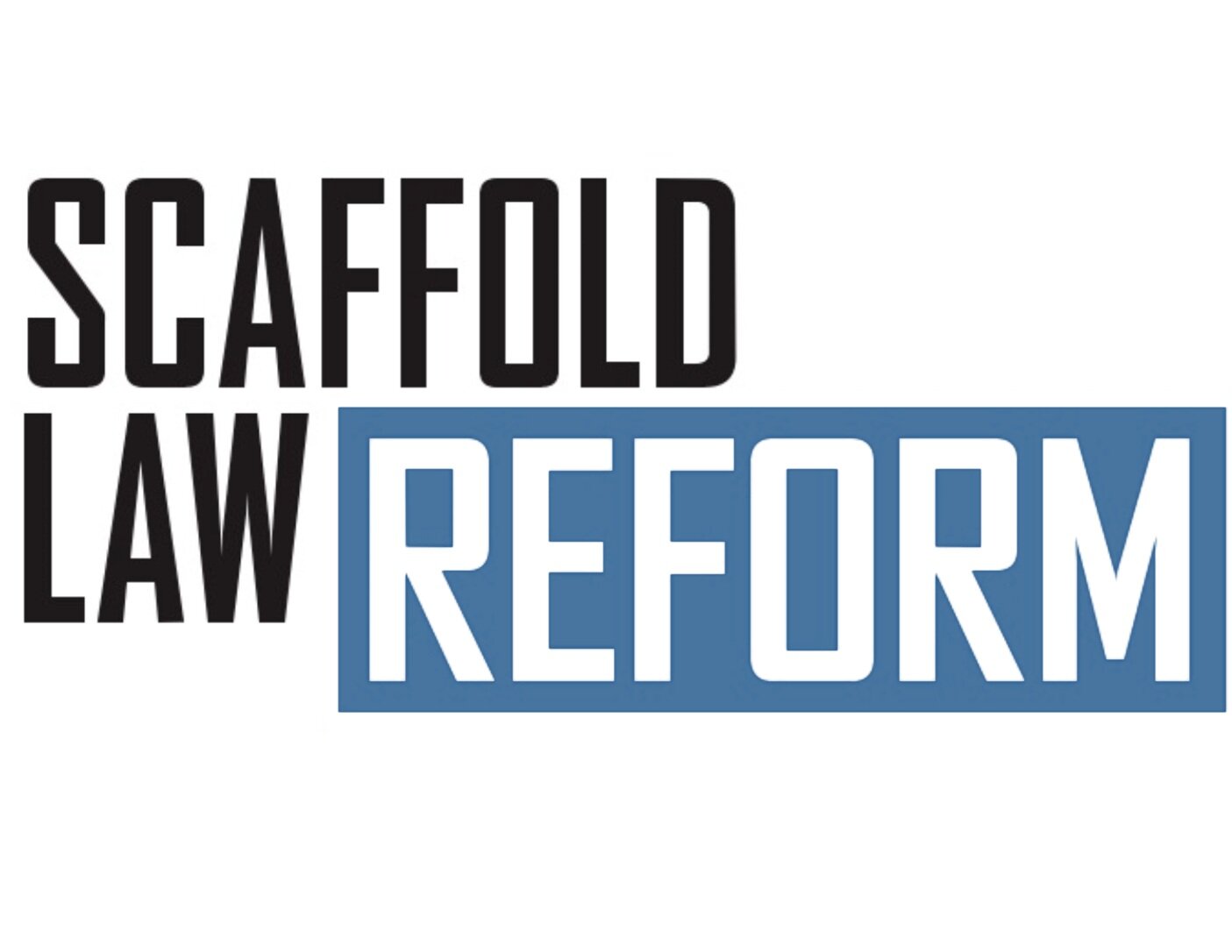Fingerlakes 1: Scaffold Law reform bill could cut billions in construction costs
By: Digital Team
Rep. Nick Langworthy (R-NY) has introduced the Infrastructure Expansion Act, a federal bill that would reform New York’s 139-year-old Scaffold Law by preempting it on federally funded construction projects. The proposal aims to eliminate the state’s absolute liability standard in favor of a comparative negligence approach, aligning New York with every other U.S. state.
What the bill would change
Currently, New York law holds property owners and contractors 100% liable for elevation-related construction injuries—regardless of whether the injured worker was at fault. Known as the Scaffold Law, the statute is the last of its kind in the country.
Under Langworthy’s legislation, projects using federal funds would no longer be subject to this absolute liability rule. Instead, courts would consider the proportional fault of each party in accidents.
“This bill is urgently needed to preempt this broken liability standard on federally funded projects and get New York building again,” said Langworthy.
How much money could be saved?
According to industry estimates, the Scaffold Law increases construction costs by 5% to 10% across New York State. Langworthy’s office projects that the Infrastructure Expansion Act could save taxpayers over $2 billion in federal spending over the next decade.
Major infrastructure projects expected to benefit include:
Micron’s semiconductor plant near Syracuse
Penn Station reconstruction
Affordable housing developments statewide
Road and bridge repairs across New York
Widespread industry support
The legislation has attracted backing from over two dozen industry groups, including the Associated General Contractors of New York, National Association of Home Builders, and Real Estate Board of New York. They argue that the Scaffold Law fuels insurance fraud, drives up premiums, and deters development.
“This long-overdue reform will help reduce fraud, lower insurance premiums, and establish a more balanced legal framework,” said Mike Fazio of the New York State Builders Association.
Why it matters now
Despite years of pushback from builders and municipalities, the New York State Legislature has refused to repeal or amend the Scaffold Law. The federal bill represents a new strategy: preempt state law for federally assisted projects.
“If Albany won’t act, Congress must,” said Rep. Claudia Tenney, a co-sponsor of the bill. “This reform will finally bring fairness to New York’s outdated construction liability laws.”
What happens next?
The bill is now under committee review in the House. If passed, it would affect all federally funded construction in New York, likely prompting insurance carriers to re-enter the market and lowering premiums for builders.
Industry leaders say it could also pressure state lawmakers to consider broader reforms.

